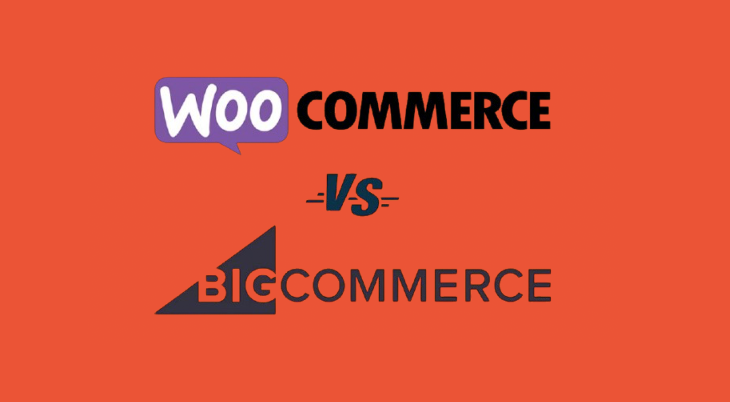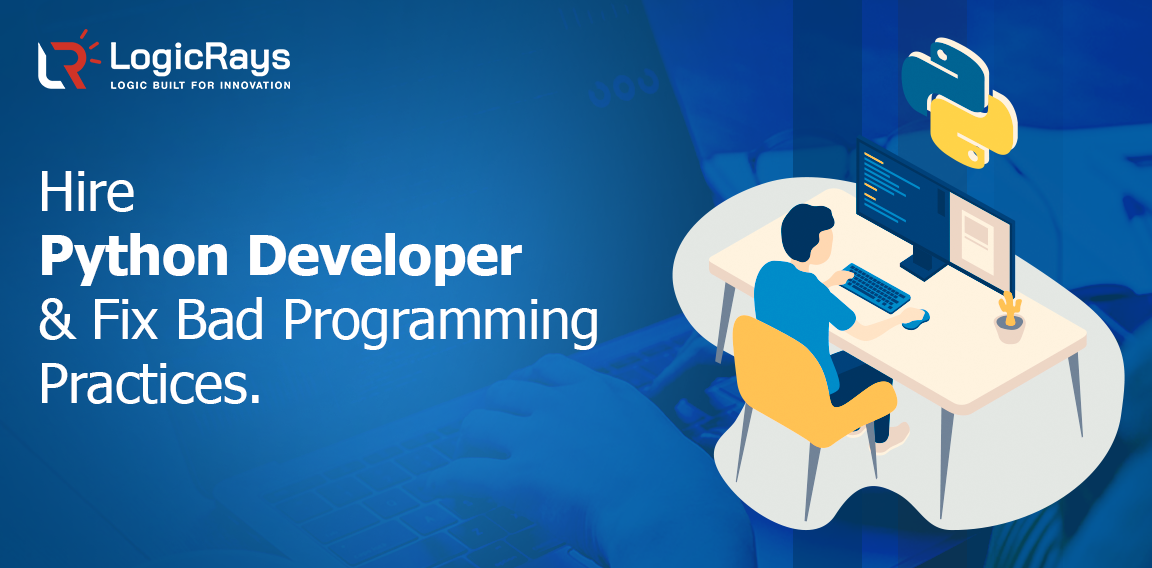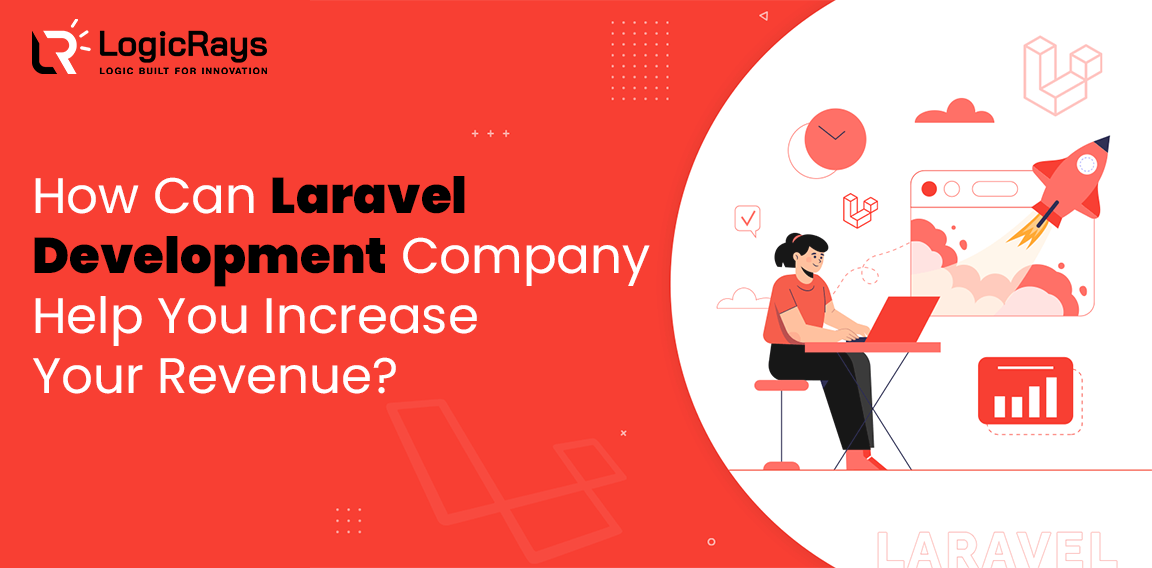Introduction
Hiring a skilled Shopify developer is essential for creating a high-performing e-commerce store that meets your business needs. Their expertise ensures seamless site customization, effective SEO implementation, and optimal mobile responsiveness, which enhances user experience and drives conversions. By leveraging their knowledge of Shopify’s features, you can avoid common pitfalls and stand out in a competitive market.
Key Points:
- Hire developers with real Shopify experience.
- Prioritize skills in customization and optimization.
- Look for problem-solving ability and adaptability.
- Experience with Shopify Plus and third-party integrations.
Why Hiring a Shopify Developer is Crucial?
Benefits of Hiring a Skilled Shopify Developer
When you hire Shopify developers, you gain access to experts who are deeply familiar with Shopify’s ecosystem. They can implement effective SEO strategies, optimize site speed, and seamlessly integrate third-party applications. Skilled developers excel at creating personalized, high-performing Shopify stores that meet your unique business needs. Additionally, they save you valuable time and resources by delivering a professional and polished storefront that stands out in a competitive market.
Common Challenges Without Proper Expertise
Without the right expertise, businesses encounter challenges that can hinder online success. Common issues include poorly designed websites, which can lead to lost revenue. Inadequate knowledge of Shopify can result in missed optimization opportunities. Poor SEO can limit visibility, making it difficult for potential customers to find a store. Additionally, a lack of expert guidance can lead to costly errors during migrations or third-party integrations. These challenges highlight the importance of hiring a qualified Shopify developer for a successful e-commerce venture.
Top 10 Interview Questions to Ask Shopify Developer
Question 1. What is your experience with Shopify development?
When you ask a developer about their experience with Shopify development, one should expect a thorough account of their background. It should encompass how long they have been engaged with Shopify, the kinds of projects they have undertaken, and the skills they have honed throughout their journey. Ideally, they reference specific projects, highlighting their roles and contributions. Furthermore, they ought to exhibit specialized knowledge of Shopify’s platform, including expertise in Liquid, experience with apps, and proficiency in managing integrations. It’s crucial to evaluate the types of projects and clients they have encountered, their capability to navigate simple and complex Shopify implementations, and how relevant their experience is to your industry or business.
Question 2. Can you describe a complex Shopify project you’ve worked on?
When asking candidates to describe a complex Shopify project they’ve worked on, expect them to provide specific examples that highlight challenges they encountered and solutions they implemented. Ideally, they should discuss projects involving custom development, API integrations, or significant theme customizations, demonstrating their ability to handle technical complexity. Their explanation should showcase their problem-solving skills and technical expertise. However, consider whether the candidate can articulate their work’s impact on the project’s success or the client’s business. It is crucial because understanding their role in the project’s outcome can reveal much about their capabilities.
Question 3. How do you approach optimizing a Shopify store for speed and performance?
When inquiring, you should expect them to discuss several vital strategies such as image optimization, minification of CSS and JavaScript, leveraging browser caching, and limiting the number of apps or plugins to reduce unnecessary load on the site. Additionally, they should reference their experience analyzing performance using tools like Google PageSpeed Insights or Shopify’s built-in reports. It’s also important to consider whether they have a structured approach to ongoing performance monitoring. Although they might have experience, evaluating how effectively they have implemented these strategies in past projects is essential.
Question 4. How do you handle version control and deployment in Shopify projects?
When inquiring about a developer’s approach to version control and deployment in Shopify projects, one should anticipate a discussion regarding their utilization of Git for version control. And how they manage branches, navigate commits, and collaborate with team members effectively. Furthermore, they should illustrate their deployment processes, potentially referencing tools such as Shopify CLI or GitHub Actions to ensure smooth workflows. Evaluating their familiarity with version control best practices is crucial because their experience with automated deployments and rollback procedures can significantly enhance the reliability and efficiency of development processes.
Question 5. Can you walk me through the process of customizing a Shopify theme?
When asked about the process for customizing a Shopify theme, you should expect a thorough step-by-step explanation. They should discuss how they evaluate the existing theme and gather client requirements to grasp the desired outcomes. Following this, they outline their planning phase for customization using Liquid, CSS, and JavaScript. This highlights the significance of testing prior to deployment. They must stress the need to maintain theme flexibility and ensure that future updates can be implemented without issues.
Question 6. How do you approach migrating an existing store to Shopify?
You should expect them to discuss several critical aspects of the process. They should begin by evaluating the existing store’s structure and detailing their approach to data migration, which includes transferring products, customers, and orders while ensuring that transition minimizes downtime. It’s also important to consider their understanding of the complexities involved in data migration and their strategies for maintaining SEO rankings throughout the migration process because these factors can significantly impact the success of the transition.
Question 7. What is your experience with Shopify’s Liquid templating language?
When inquiring about a candidate’s experience with Shopify’s Liquid templating language, one should anticipate they will showcase solid proficiency in its utilization. They should talk about their involvement in custom theme development, dynamic content creation, and familiarity with utilizing variables, loops, and conditions within Liquid. It’s important to consider whether they can explain their use of Liquid in both technical and practical terms, providing clear examples of how they’ve applied it in real projects.
Question 8. Can you describe your experience with Shopify Plus?
You should expect them to highlight specific features of the platform, such as Launchpad and Script Editor, and explain how they have utilized these tools to benefit high-volume businesses. They should discuss their experience in scaling Shopify stores and managing large transaction volumes, showcasing their ability to leverage Plus-specific tools for automation and efficiency. Additionally, consider whether they have worked with enterprise-level clients, as this experience is essential for understanding the unique needs and challenges faced by Shopify Plus users.
Question 9. How do you handle integrations with third-party services (e.g., CRM, ERP, marketing tools)?
When managing integrations with third-party services (such as CRM, ERP, or marketing tools), a proficient Shopify developer (usually) guarantees secure, seamless connections by utilizing Shopify’s API or custom APIs. They oversee the process to uphold data integrity and ensure smooth functionality. However, they also tackle challenges that arise, like data synchronization and API limitations. It ensures that all systems operate efficiently to increase the store’s performance.
Question 10. What is your approach to developing mobile-optimized Shopify stores?
When creating mobile-optimized Shopify stores, it is essential to expect that a developer will concentrate on responsive design. They must test across various devices to ensure consistency. However, it is also critical to leverage Shopify’s mobile-specific features. Consider their familiarity with mobile performance metrics, such as load time and usability, for a seamless experience.
Additional Questions to Consider
Question 1. How do you manage multi-currency and multi-language in a store?
Expected Answer: A skilled Shopify developer should be familiar with Shopify’s multi-currency and multi-language features. They should use Shopify Payments to handle multiple currencies, ensuring customers can see prices in their local currency. For language management, they should implement apps like Shopify Translate & Adapt or third-party tools to provide seamless language switching, making the store accessible and user-friendly for international shoppers.
Question 2. How would you handle a traffic surge during a flash sale?
Expected Answer: The developer should know how to optimize the server load and leverage Content Delivery Networks (CDNs) to distribute traffic and improve page load times. They might also implement caching to reduce the strain on the server and ensure scalable hosting solutions. Additionally, they should be good at real-time monitoring site performance to resolve issues and quickly minimize downtime during high-traffic periods.
Question 3. What’s your approach for migrating a large e-commerce site to Shopify?
Expected Answer: A successful migration requires careful planning and data validation to transfer critical data, like customer info and product details, without loss. The developer should validate data to ensure nothing is lost or corrupted. Rigorous testing follows at each stage, providing all features work smoothly.
Conclusion
Choosing a suitable Shopify developer is essential to build and enhance a successful e-commerce platform. First, asking the right interview questions can help you identify a candidate who possesses expertise in Shopify and comprehends your business’s distinctive requirements. This assessment should include technical skills and knowledge of Shopify’s ecosystem because it is essential for nurturing a productive partnership. Although the process might appear overwhelming, partnering with a reliable company like LogicRays can streamlines this journey and ensures you discover the ideal match for your business goals.
FAQs
What is the typical cost of hiring a Shopify developer from LogicRays?
The cost of hiring a Shopify developer from LogicRays depends on several factors, including the complexity of your project, the developer’s experience, and the specific requirements of your store. Hourly rates typically range from $25 to $150, and you can also negotiate fixed project rates based on the scope of the work.
How long does it take for a Shopify developer at LogicRays to build a store?
The timeline depends on your project scope. A basic Shopify store can be developed in 2-4 weeks, while more complex custom projects may take 6-12 weeks. However, the timeline can be shorter or longer depending on the specific requirements and complexity of the project. LogicRays ensures efficient timelines without compromising on quality.
Do Shopify developers at LogicRays offer ongoing support after the store is launched?
Yes, LogicRays developers provide ongoing support, including updates, troubleshooting, and performance optimization, ensuring your store runs smoothly post-launch.
Can LogicRays developers help with Shopify SEO and marketing?
Yes, Shopify developers at LogicRays are experienced in implementing SEO strategies and integrating marketing tools to improve your store’s visibility and drive traffic.
What should I look for in a LogicRays Shopify developer’s portfolio?
Look for diverse examples of customizations, integrations, and high-quality Shopify stores. LogicRays developers showcase their ability to create user-friendly, performance-driven e-commerce stores.
How does LogicRays handle the migration of large e-commerce stores to Shopify?
LogicRays developers follow a structured migration process, ensuring data validation and smooth transitions with minimal downtime. They also focus on maintaining SEO rankings and store functionality throughout the process.























